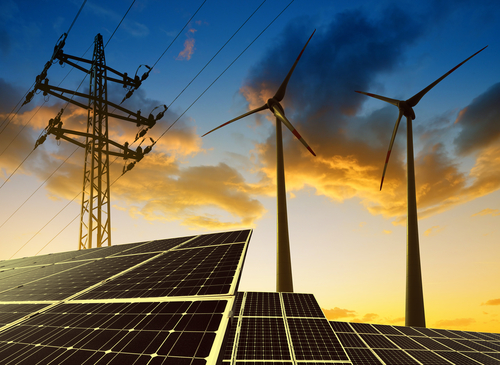
New Survey Finds Democrats Are More Likely to Believe False Information About Climate Change
During coverage of storms like Hurricane Ida, we read a lot of reporting about the impacts of climate change. This week’s New York Times included this breathless proclamation:
…it is growing ever harder for journalists and citizens to keep up with the floods, storms, wildfires and other dystopian manifestations of our changed climate.
When some experts and policymakers talk about the continued use and importance of fossil fuels like natural gas, they are frequently accused of being “climate deniers” despite making no such claims. Typically, these arguments break down on partisan lines with Republicans being labeled as “science deniers.” Yet a new survey finds that it is actually Democrats who are more likely to fall for misinformation or so-called ‘greenwashing’ online.
Journalist and author Michael Shellenberger posted yesterday on the findings of this survey:
Seventy-one percent of Democrats and 30 percent of Republicans agreed with the statement, “Climate change is increasing the cost of natural disasters as a percent of GDP.”
In reality, the share of GDP spent on natural disasters has either declined or remained flat when “normalized,” meaning when scientists take into account increased wealth in harm’s way. Think of the higher cost of a hurricane in Miami Beach today than in 1921, when there were so few buildings on it.
And 76 percent of Democrats and 34 percent of Republicans agreed that “Deaths from natural disasters will rise in the future due to climate change.”
In reality, neither the United Nations Intergovernmental Panel on Climate Change (IPCC) nor any other reputable scientific body predicts a reversal in the long-term trend of declining deaths, even under high degrees of warming.
Finally, 67 percent of Democrats and 43 percent of Republicans agreed that “Carbon emissions have risen in the United States over the last 10 years.” In reality, carbon emissions declined by 14 percent between 2011 and 2020.
While the threat of climate change has to be taken seriously, not every phenomenon or event can or should be attributed to it. Environmental activists frequently rely on fear and misinformation to sell their costly and dangerous agenda. Instead of sensationalism, people need to rely on facts and data. That’s why the continued importance of reliable electricity and fossil fuels must be a part of any serious conversation about energy.
September 1, 2021